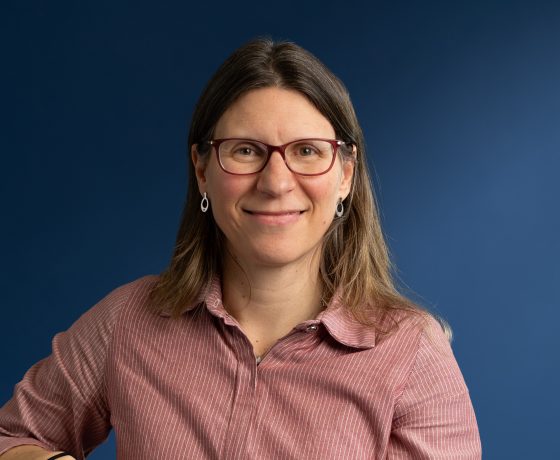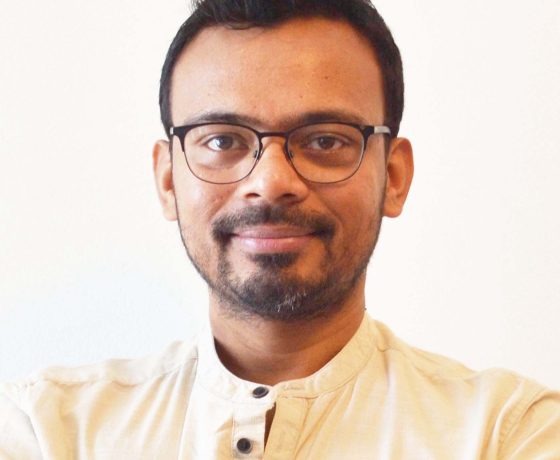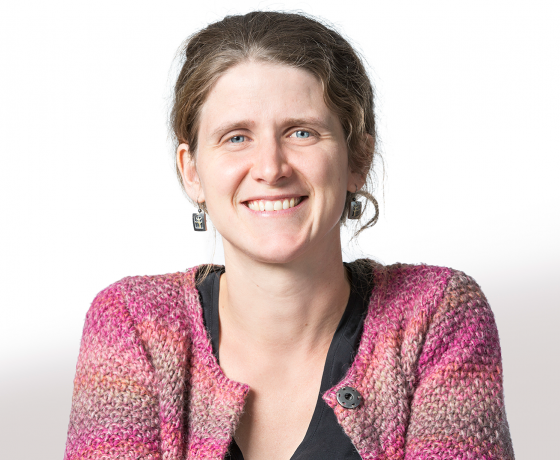Understanding how spaces are being transformed at different scales, from neighbourhood to regional, at a time when urbanization is intensifying and the urban lifestyle is gaining traction worldwide is of vital importance to sustainable urban and regional development.
Research in the field of urban and regional dynamics helps us understand how spaces are being transformed at different levels, from neighbourhood to regional, at a time when urbanization is intensifying and the urban lifestyle is gaining traction worldwide.
Metropolitan and urban development, with its characteristic urban sprawl, loss of agricultural and forest land, and central city renewal, has repercussions on the environment, on local and regional governance and management methods, and on community and regional prosperity.
Our research teams analyze public policies and practices adopted by stakeholders, with a special emphasis on municipal strategies for adapting to climate change, strategies to reduce sociospatial inequalities, transportation methods and their effects on urban communities and vulnerable groups, and new forms of urban democracy and innovative municipal policies.
Issues our researchers are working on include cities and the new relationship between central cities and suburbs, the transformation of neighbourhoods: new players, new inequalities, municipalities and the challenge of sustainable development, ad shared spaces and superdiversity: uncertainties and new sociabilities.
























